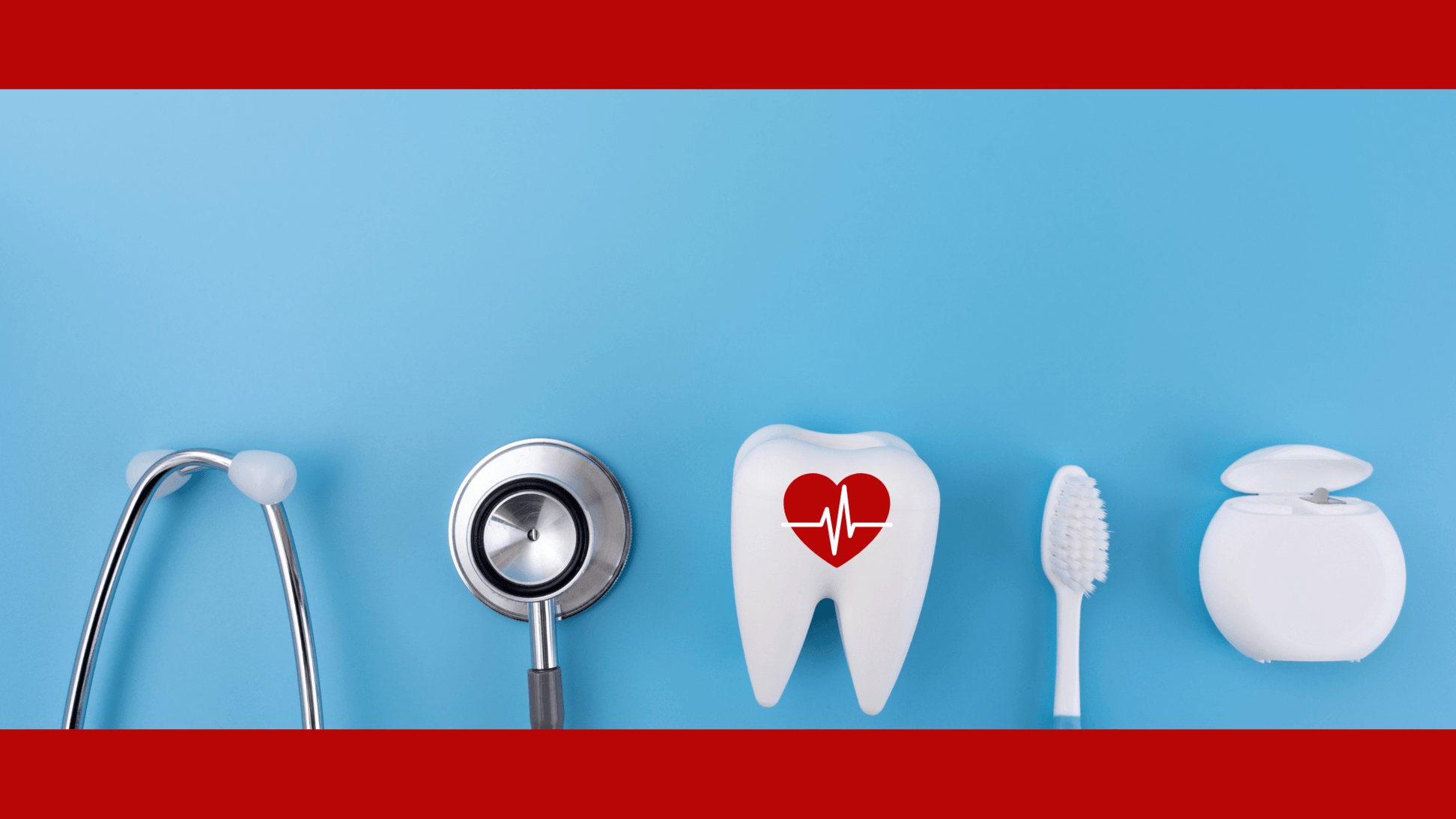
An excellent patient at Kizer Dental Associates is on a mission to bring awareness to people living with heart disease. We want to partner with her and give this topic the attention it deserves. Dr. Denison was featured in a segment of Bluff City Life to help bring awareness, but he wants to provide you with more information than a 3-minute interview allowed.
There are several types of heart disease; many are genetic or that you could have had since birth, but one of the most common heart conditions for people today is high blood pressure. High blood pressure can commonly be controlled with lifestyle factors like diet and exercise, but other factors can lead to hypertension. One of the leading causes of heart disease is chronic inflammation.
In dentistry, chronic inflammation most commonly affects peoples’ periodontal health (gums). When there are bacteria, injury, food debris, or tartar build-up, the body recognizes these things as bad and generates the inflammatory response to fight them off and protect you. This means that your heart pumps more blood to the affected area to supply it with cells and nutrients to fight off the bad and replace it with the good.
A relatable example of this process might be if you’ve rolled your ankle or injured another part of your body and almost instantly noticed some swelling. The swelling is partly a result of the extra blood being supplied to the site trying to heal and repair the damage. So, how exactly is this occurring in the mouth, and how does it affect your heart?
In the mouth, when there are bacteria, food debris, or tartar build-up along the gums or under the gums, your body increases blood flow to these sites to fight against it and try to fix it. This causes the gums to swell and will cause them to bleed easily when brushing, flossing, or when a dentist or hygienist lightly touches them during an appointment. Bleeding gums are one of the first signs of inflammation. Unfortunately, the body’s response to these bacteria and food will not be sufficient to overcome the source. The source of the inflammation (food, bacteria, tartar) must be removed with a toothbrush, floss, or at a dental appointment. Your body cannot remove the food, bacteria, or tartar on its own, and as long as it is there, it will cause inflammation and damage your oral health. Now, how does it affect your heart?
Arteries transport blood from the heart to the site of inflammation, and they must open wider to let the extra blood flow to the area of inflammation. The heart pumping more blood to the site of inflammation increases blood pressure, and the stretching of arteries over time can damage their walls, making them more susceptible to forming plaque in your artery. Many people think of a clogged artery due to eating a poor diet and lack of exercise, but chronic inflammation is one of the precursors, causing the changes in the arteries that increase the chance of clogging.
Inflammation in the mouth is causing these changes in your arteries and may increase your risk of heart disease. Many studies have proven a strong correlation between people with heart disease and gum disease. They have not proven that having gum disease can cause heart disease, but the connection between the two is strong! The common link is predominately inflammation.
Please call our office and schedule a check-up visit if you’re due to be screened for gum disease. Always feel free to speak with anyone on our team about how your oral health might impact your medical conditions!
Connor Denison, D.D.S.
Watch Dr. Denison’s segment on Bluff City Life:
https://www.actionnews5.com/video/2023/08/17/bluff-city-life-thursday-17-august-pt-3-8/

 7685 Wolf River Circle, Suite #2, Germantown, TN 38138
7685 Wolf River Circle, Suite #2, Germantown, TN 38138 901-767-4882
901-767-4882